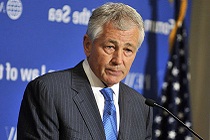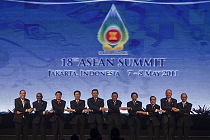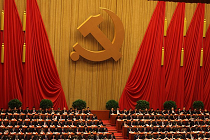Growth, Gangtok style
‘Sikkimisation’ is a term often used by the Chinese and Nepalese politicians to refer to India's purported Himalayan expansionism. However, Sikkim's economy has set an example that India's Himalayan neighbours would do well to follow, rather than deride








